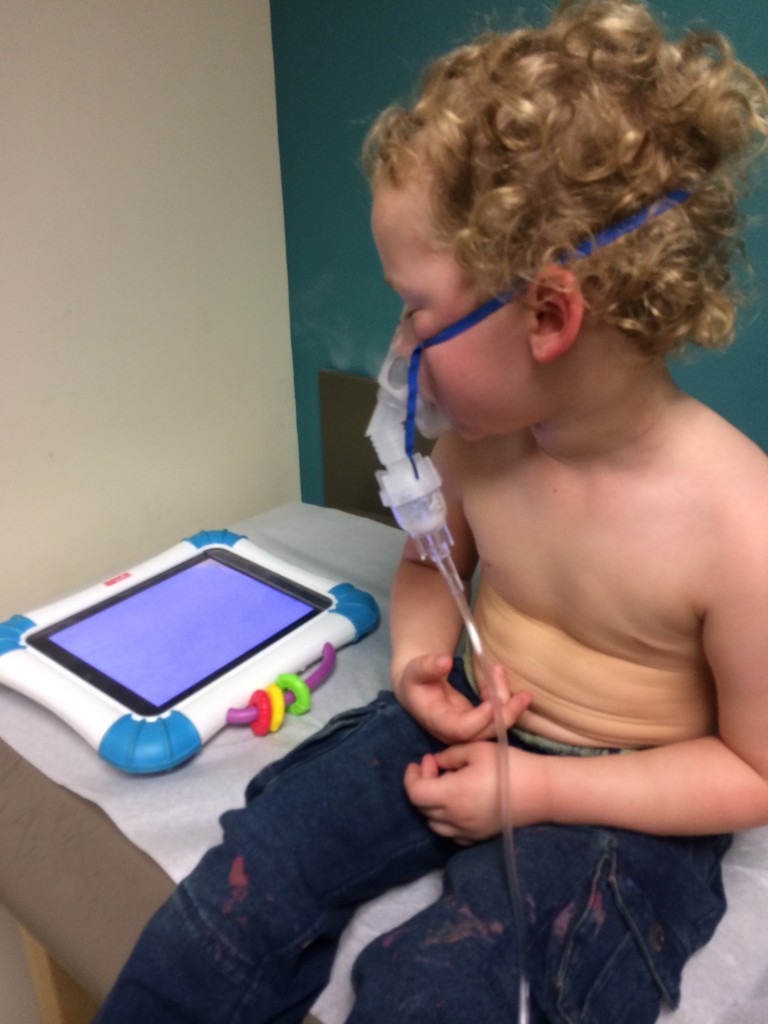While Ebola is a concern because of its high death rate, other infectious diseases spread far easier.
Be careful of the hype. Caution is good, panic is not. While plenty of press outlets and media are ready to spread fear, you may want to remember the logic in statistics and examples below. I’m always reminded of this type of thinking when I head out to the beach. While I’m not a fan of encountering sharks, I’m reminded of the statistic that you have more chances of dying by shopping on Black Friday than being attacked by a shark. 550 people die annually from incidents on Black Friday, 5 people a year die from shark attacks.
Here are a few infectious diseases that are more likely to kill or hospitalize you than Ebola – and we live with them almost every day.
Measles:
Highly infectious to over 90% of those who come in contact with the infected person. People with measles spread the disease to an average of 15 people they come in contact with. Measles is spread through the air- Ebola is spread through body fluids. The measles virus is active for two hours after the person leaves the room, and its active before the person becomes symptomatic. The mortality rate of measles is 2% to 15% with an additional high rate of patients developing an infection in the brain leaving them severely mentally disabled. Measles kills over 120,000 people per year, and over 2.2 million before the vaccine. The recent ignorance about measles vaccine has led to a resurgence in this disease that could be wiped off the planet with vaccination.
Enterovirus:

There is nothing worse than having a sick kid- this is my son, JJ, at the doctor’s office getting a nebulizer treatment for a cough
The recent spread of Enterovirus 68 shows how fast this virus has spread across the continental United States. It is spread by having close contact, such as touching, shaking hands, or touching objects that have the virus on it. If you touch your eyes, nose, or mouth before washing hands you can become infected with this virus. For those who have reading glasses, you know how often your hands touch your eyes without thinking about it. The virus can be shed from stool for several weeks after being infected, and from your lungs for 1-3 weeks, as well as the virus can be shed (and thus contagious) without symptoms. This virus is the same family as polio and there is concern that some of the children who have presented with infantile paralysis may be associated with Enterovirus 68. Enterovirus 68 has also caused an increase in hospitalizations among children who have asthma or reactive airway disease. This virus is spread rapidly among children- especially in schools or daycare centers.
Tuberculosis:
Spread by airbone particles that come when people cough, sneeze, shout, spit, or sing. While not as easy to spread as measles or enterovirus, it is spread among people in close contact- which is why hospitals require all employees to be tested every other year. The rise in drug resistant tuberculosis is a major concern as this virus has a variety of symptoms and can ultimately kill its patients. Eleanor Roosevelt died of TB, which was discovered after she had some of the best treatment in the world at New York hospitals by the best clinicians.
Influenza:
Kills up to 49,000 people in the United States every year, and hospitalizes over 200,000. Half of the children who died from influenza last year were described as otherwise healthy, and not at a high risk group. Spread through the air, this rapidly goes through states and the world causing pandemics. The most serious of these wiped out millions of people just after World War 2, the Spanish Flu.
Contrast with Ebola:
Ebola does not spread through the air like the above viruses. You cannot contract Ebola unless the person is symptomatic (although the symptoms can be as mild as a fever). In Africa there is little running water – even in some hospitals, and many individuals and hospitals do not have ability to sterilize with bleach. Consider that many in Africa do not have toilets, or sanitation. Disposable gloves are a luxury. Ebola patients get diarrhea,bleed, and cleaning up those infected clothes, sheets, and other items puts the cleaner (usually a family member) into direct contact. Burial practices in Africa include washing the dead and preparing their bodies – as morticians are not available so it is up to the family to bury their dead. Hence the reason many of the infected regions cannot be contained.
This is why treatment centers in Africa are important- patients are isolated, given medical support, and proper sanitation limits exposure to bodily fluids, as well as effective cleaning and disposal of contaminated items.
Did you know that if you had infected bedclothes filled with Ebola blood- and washed them in your washing machine that it would kill all the virus? Yes- this virus is very easy to kill – but how it spread is difficult – for that see here.
Statistics:
While you are more likely to be bitten by a pig than a shark – it is the shark attack that is more fearful. I wonder what would happen if Jaws would have been about a pig farm?
But one final statistic- the budget of the Centers for Disease Control has decreased by 600 million since 2010. One party will blame another- but you don’t see either party rushing to put money back into it.
